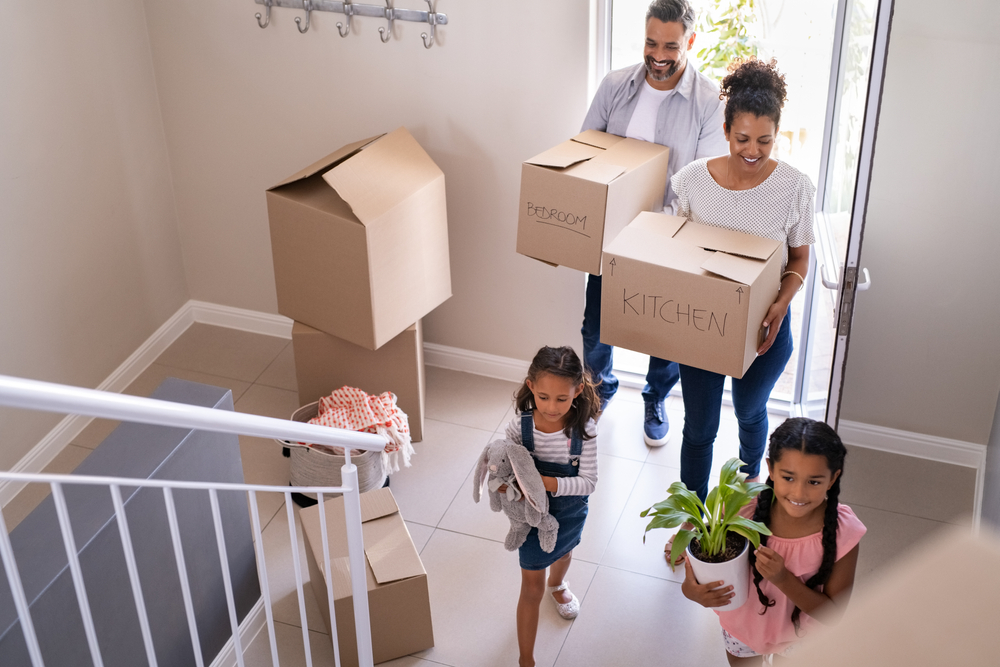You may have had trouble paying your bills before the coronavirus appeared. Now that the pandemic is in full swing, paying those same bills may seem impossible.
To make things worse, you were forced to stay at home. And that probably caused your electric, water, gas, and other bills to go up due to increased usage.
The good news is that you’re certainly not alone if your bills are piling up. Even better, there are ways to reduce your bills so they become more manageable.
How to Reduce Your Bills During the Pandemic
1. Tackle them head-on.
What won’t fix your bill-paying problems? Tossing your bills in a drawer and ignoring them whenever they come in the mail.
Let’s look at your electricity bill as an example. Even though there were new laws put in place to prevent shutoffs with the pandemic, some of those have expired. If you don’t pay your bill, your power could get shut off, leaving your family in the dark.
What happens once the power is off? Your utility company could charge you a fee to get it turned back on, and the reconnection fees alone could put a big dent in your bank account. That’s not all, though, as you could also be forced to leave a deposit just to get reconnected, which adds to your out-of-pocket expenses.
Even if you can’t pay your bills, tackle the problem head-on by contacting your providers. There’s no need to feel intimidated or embarrassed, as once again, you’re not alone and many are having similar problems due to COVID-19.
Ask the company if they have discounts or payment plans. Let them know you’re having financial issues. They should respond with any programs they have available, or they could connect you with local organizations that specialize in providing such assistance.
2. Get help.
Speaking of local organizations that offer utility assistance, help with paying bills, and more, you can find them by dialing 211 on your phone. A local operator will tell you who to get in contact with, depending on your problem.
You can call this number for help with housing, bills, food, healthcare, and more. It’s a great way to fix financial issues and find quick assistance while the coronavirus still lingers. Depending on your location, your 211 operator could connect you with the following groups:
- Catholic Charities
- Love Inc.
- Lutheran Social Ministry
- Salvation Army
- Urban League
3. Apply for LIHEAP.
The Low Income Home Energy Assistance Program can reduce your heating and cooling costs, which can make your utility bill a lot cheaper. Click here to learn more about this utility assistance program and see if you qualify.
4. Get $10 Internet.
If you have kids or work from home, you may now see the Internet as an absolute necessity. Since you can’t cut it from your budget completely, you should do everything you can to pay less for Internet each month.
Here are various programs that can give you fast, reliable Internet for as little as $9.95 per month:
- Comcast Internet Essentials
- Verizon Lifeline
- Access from AT&T
- Mediacom Connect 2 Compete
- EveryoneOn
5. Lower your cell and landline bills.
The Lifeline program from the FCC offers low-cost landline and cell phone service. You may even qualify for a free phone, which can be put to use while you keep in touch with your loved ones while the coronavirus keeps you separated.




